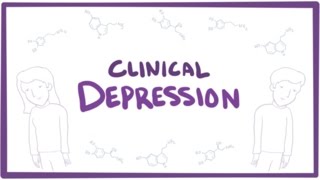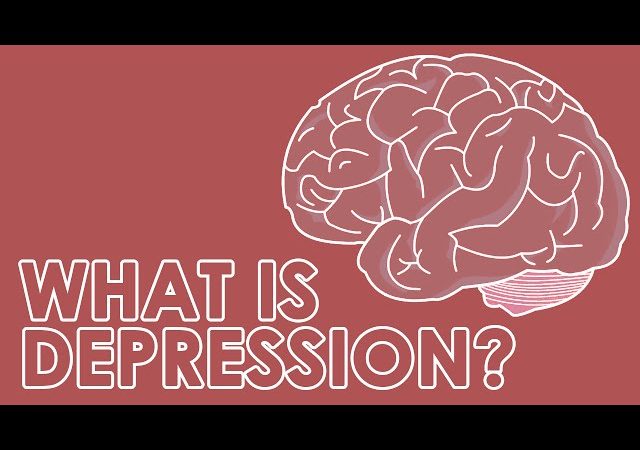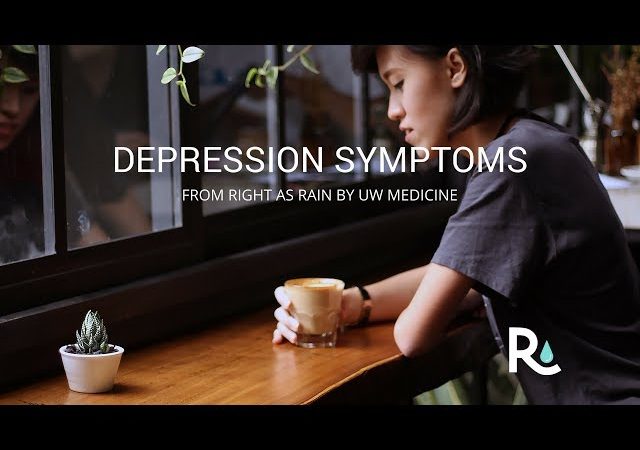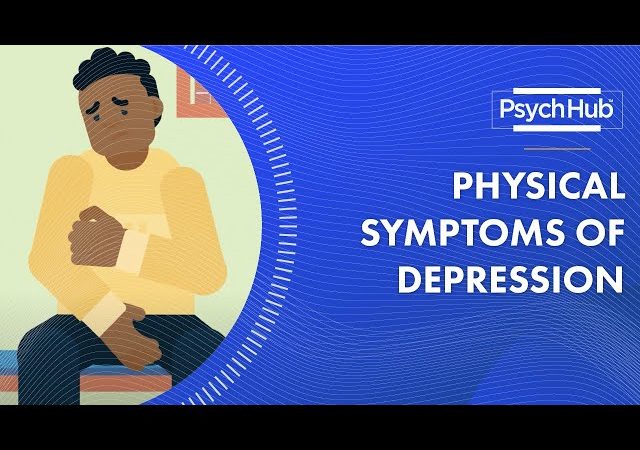Distinguishing Between Movie Emotions and Clinical Depression.

After watching a particularly sad movie, it’s common to express feelings of sadness, discouragement, or anxiety. However, when discussing clinical depression, the term takes on a much more serious connotation. Clinical depression, also known as major depressive disorder, is a severe mental condition affecting up to 20% of women and 12% of men over a lifetime. Unlike the transient emotions experienced after a movie, clinical depression significantly interferes with daily life activities, such as work, study, eating, and sleeping. Understanding the causes of clinical depression is complex, involving a combination of genetic, biological, environmental, and psychological factors. While family history can contribute, neurotransmitters like serotonin, norepinephrine, and dopamine play a crucial role in regulating mood and cognition.
Exploring Neurotransmitters and the Monoamine-Deficiency Theory
In the realm of clinical depression, neurotransmitters—signaling molecules in the brain—become key players. Serotonin, norepinephrine, and dopamine are the primary focus due to their impact on mood. The monoamine-deficiency theory suggests that low levels of these neurotransmitters underlie depression. Tryptophan depletion, the amino acid used to produce serotonin, provides evidence of serotonin’s involvement. However, the reasons for the decrease in neurotransmitters in depressed patients remain unclear. Clinical depression involves a complex interplay of biological, genetic, and environmental factors, with symptoms ranging from mood changes to thoughts of death or suicide. Diagnosing clinical depression requires meeting specific criteria outlined in the Diagnostic and Statistical Manual of Mental Disorders.
Treating Clinical Depression: A Multifaceted Approach
Treating clinical depression involves a multifaceted approach, considering non-pharmacologic and pharmacologic options. Physical activity, healthy eating habits, and psychotherapy are non-medication approaches that show efficacy, particularly for milder symptoms. Selective serotonin re-uptake inhibitors (SSRIs) are commonly prescribed antidepressants, blocking the reabsorption of serotonin. Other classes, like monoamine oxidase inhibitors (MAOIs) and tricyclics, are less common. In severe cases, electroconvulsive therapy (ECT) may be considered as a last-line treatment. Understanding and addressing clinical depression are challenging, with social stigma often complicating the journey. Support from friends and family, coupled with effective treatments, contributes to better outcomes for those experiencing clinical depression.



